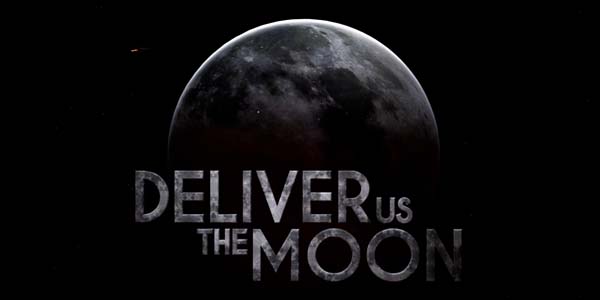
It's really nice to be seeing more pure science fiction games. Not sci-fi action games like Mass Effect or sci-fi horror games like Prey, in which the sci-fi is just incidental set dressing. But actual science fiction games that explore the human condition as it relates to our advancing technology and understanding of the universe. Games like Outer Wilds, Tacoma, Silicon Dreams, Event [0], and others have been a nice distraction from shooting endless hordes of zombies, demons, and robots.
This is especially true considering that most sci-fi movies and TV shows are more action-heavy and less cerebral. While a movie like Arrival or The Martian comes around every few years and totally blows me away, the days of movies like 2001: A Space Odyssey and Close Encounters of the Third Kind are long gone. Even my beloved Star Trek is trying too hard to look and feel like Star Wars, instead of embracing the low-budget stories and techno-babble that helped make The Next Generation so beloved.
Well, the indie gaming sphere has been pumping out new sci-fi games pretty reliably over the past few years. But they can't all be gems like Outer Wilds. Most are pretty mediocre. Deliver Us The Moon has the potential to be a real gem, but it is held back by poor technical performance (on the PS5) and a final chapter that dragged on and had me more frustrated than contemplative.
The basic concept is that, in the coming decades, humans discover a new isotope of helium on the moon. This isotope is a potent energy source that is mined and processed on the moon, and beamed back to the Earth to supply almost all of humanity's energy needs. However, after years of successful operation (and after humans on Earth have become dependent on the cheap, abundant moon power), the moon colony suddenly shuts down with no word or warning as to why. After years of silence and darkness, our playable character is launched to the moon to figure out why the energy stopped flowing, and to hopefully turn it back on.
In space, no one can hear the game crash
Right off the bat, I was annoyed by the camera controls. Within 10 minutes or so of starting Deliver Us The Moon, I had to go into the settings to increase the camera's sensitivity on the X-axis. Even after doing this, rotating the camera still felt sluggish. I'm not sure how much of this is deliberate. An astronaut in a space suit should feel a bit clunky to move around. But movement and camera panning are different things, and I don't know if clunky movement for an astronaut should translate to sluggish movement by the camera. This wasn't helped by the fact that quickly panning the camera often caused the framerate to stutter (which may also have been a reason for the slow default camera speed).
Earth will be largely without electricity unless we can restore the moon colony.
I was surprised and disappointed by how poorly Deliver Us The Moon performs on the PS5, especially considering that it's a pretty small game that mostly takes place in the confines of a small moon base. It's not like it's rendering a massive open world, or computing enemy pathfinding, or combat A.I., or supporting dozens of players in multiplayer. Yet the framerate is constantly dropping while just walking around the station.
In one case, I walked around a desk to check if the computer had any open emails that I could read, the game just crashed completely. It autosaves frequently, so I only lost a minute or 2 of progress. But still, why does such a simple little game have such horrendous performance problems on a "next-gen" console? I don't know if the PC or XBox versions are this bad, but regardless of which platform you play on, be prepared for crashed, freezes, and framerate drops.
[More]